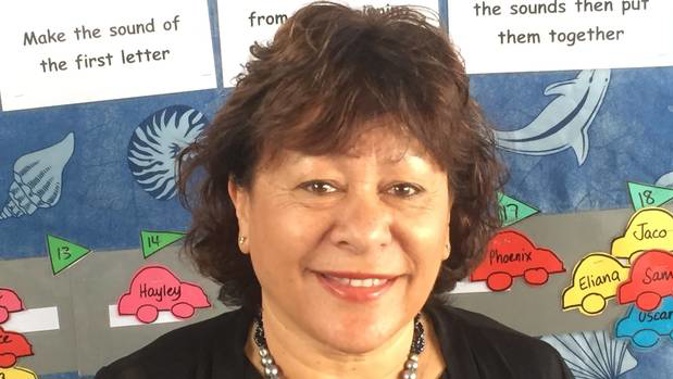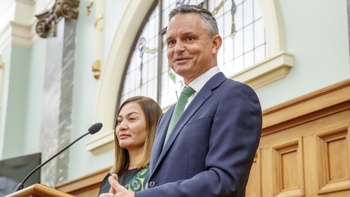
Auckland's teacher shortage is forcing many schools to cut literacy and extension programmes, a principals' survey has found.
An Auckland Primary Principals Association survey of the region's 420 primary and intermediate schools has found that 35 per cent out of 224 schools that responded had unfilled vacancies for teachers last week.
Asked which programmes have been affected by not being able to fill vacancies, 21 per cent nominated literacy support, 19 per cent extension programmes, 14 per cent maths support, 13 per cent specialist programmes and 11 per cent English as a second language.
Association president Helen Varney said schools were being forced to muster all available staff, including specialists, to fill the gaps in regular classrooms.
"Our supplementary learning programmes, where we accelerate students' learning, those programmes are all being put aside because we don't have the personnel to continue working with our children like that. They have got to go into the classroom," she said.
"And we are having to split our classrooms where we just can't get a reliever in for the day when someone is sick, and term three is traditionally the time when people get sick."
Only seven of the 224 schools (3 per cent) said they had "no difficulty" finding relievers in term two.
Almost a quarter (23 per cent) said it was "extremely difficult" to find relievers, 28 per cent said it was "difficult" and 46 per cent said it was "sometimes difficult".
Almost half said the overall staffing situation was either "worse" (39 per cent) or "significantly worse" (14 per cent) than the same time last year, while 42 per cent said it was "similar" and 5 per cent said it was "better" or "significantly better".
Varney said a major concern in the survey was that newly-trained, provisionally-registered teachers now made up more than a quarter of the teaching staff at 15 per cent of Auckland schools, reflecting an exodus of fully registered teachers because of high Auckland housing costs.
"Knowing that nearly 40 per cent of these teachers leave the profession in the first five years, it doesn't look good for sustaining a quality workforce," she said.
Schools are also increasingly dependent on part-time teachers, who now make up more than 10 per cent of all teachers at 42 per cent of Auckland schools.
"That means that our children are getting so many different people in front of them." Varney said.
Only a third of principals said they were confident of being fully staffed at the start of the next school year. The other 67 per cent were "not confident".
Take your Radio, Podcasts and Music with you









